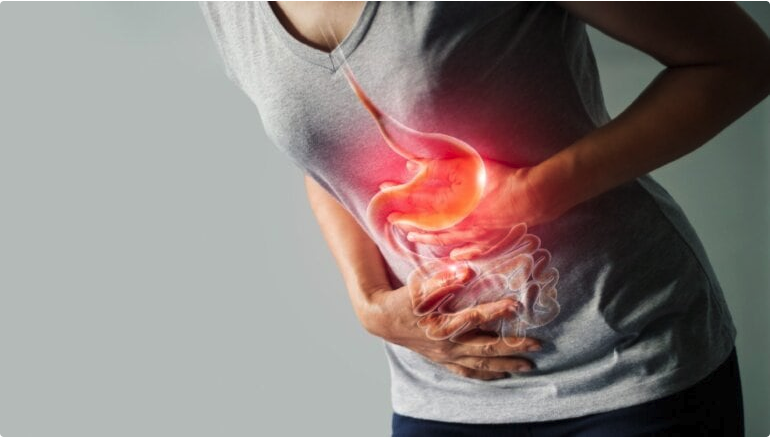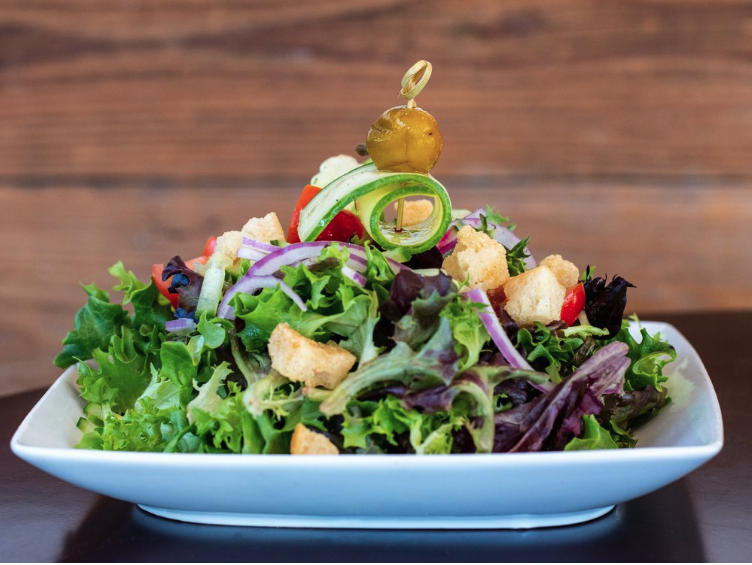
How Yo-Yo Dieting is Destroying Your Digestion & Sabotaging Your Weight Loss Efforts?
One of the most significant consequences of yo-yo dieting is the body's adaptation to perceived starvation. When calories are restricted for extended periods, the body interprets this as a threat to survival. In response, it shifts into what can be termed "starvation stress mode," a state where metabolic processes slow down to conserve energy.
During this mode, the body becomes highly efficient at storing fat, making future weight loss even more challenging. Moreover, the stress hormone cortisol rises, further contributing to weight gain, especially around the midsection. This hormonal imbalance not only affects weight but also has a profound impact on digestion.

Why Do You Not Eat All Day, then Overeat or Binge at the End of the Day?
This is very common in new clients coming to see me to help them eat healthier. In the pursue for weight loss, many individuals turn to chronic dieting as a perceived solution to manage their weight. However, the repercussions of this approach can be far-reaching and detrimental, particularly for professional women who often find themselves juggling demanding careers alongside societal pressures to maintain a certain body image. Chronic dieting not only impacts physical health but also disrupts the body's natural ability to regulate hunger, leading to a cycle of disordered eating that can be difficult to break.

Why Dieting Does Not Work
For many women, the journey to weight loss can feel like a never-ending struggle. Despite trying countless diets and weight loss strategies, the results are often temporary or non-existent. The frustration of not achieving lasting weight loss is compounded when emotional eating plays a significant role in the relationship with food. Understanding why traditional dieting fails to address the complexities of weight loss, especially for those who battle emotional eating, is key to finding a more effective and compassionate approach.

Why Do You Feel Deprived When Eating Healthy?
A common misconception is that eating fewer calories will directly lead to weight loss. While a calorie deficit is essential for weight loss, excessively low-calorie diets can backfire. The body perceives this drastic reduction as a threat, slowing down the metabolism to conserve energy. This survival mechanism can stall weight loss and even lead to weight gain once normal eating patterns resume.